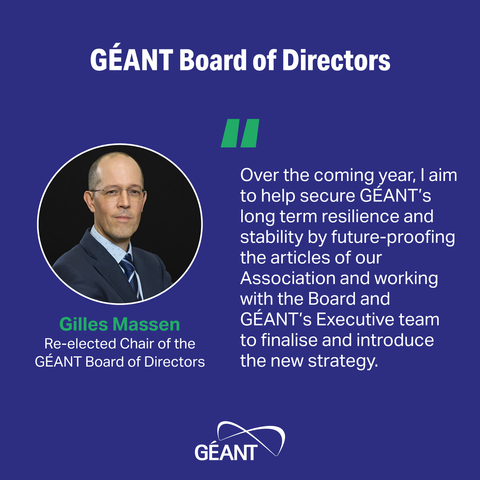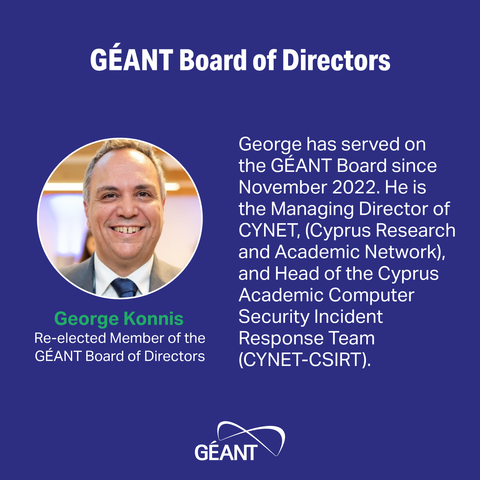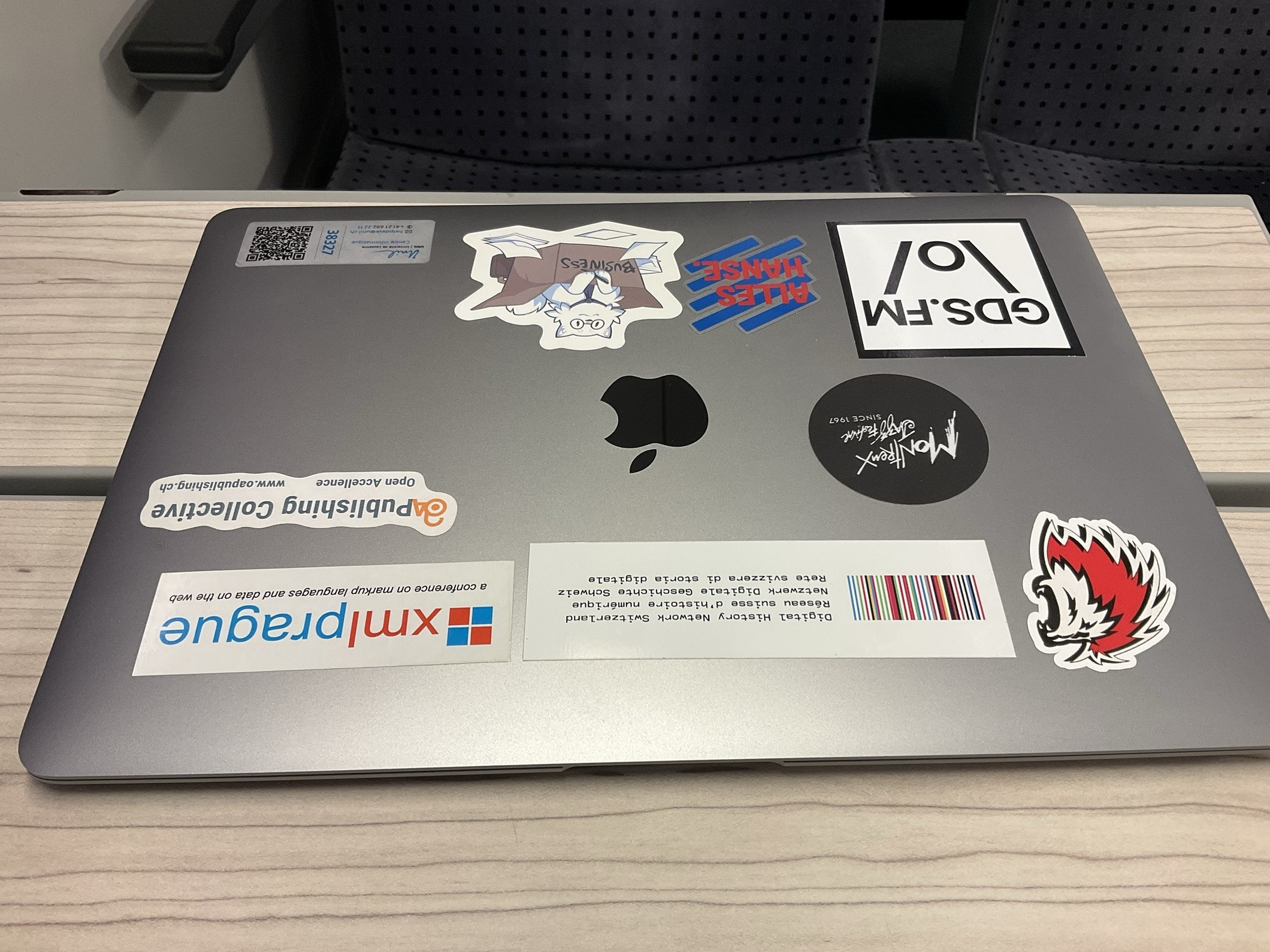2025-12-01 00:29:13
The assumption is that one day large language models and other related AI technologies fostered by Google Gemini and OpenAI ChatGPT actually will be a great and infallible productivity tool for genuine work.
It already is decent for providing basic overviews of highly-covered, well-sourced topics, even as hallucinations and sycophancy continue to dog the tech, particularly in situations where accountability is more critical.
Despite today's downsides,
many companies ar…
2026-01-06 17:00:52
2025-12-29 04:14:18
Finished “Starman’s Saga” by Colin Alexander.
Leif Grettison, former combat veteran and current paramedic, is “chosen” by a rigged lottery to accompany a team of scientists on an interstellar mission of discovery. His cool head and decisiveness will be needed throughout varied mission crises.
Entertaining plot but flat characters and more than a bit cliché. I enjoyed it, even so.
3.5/5 stars, rounded up ⭐️ ⭐️ ⭐️ ⭐️
2025-12-29 19:08:24
Mission accomplished. 25 Engelstunden. #39c3
2025-11-26 16:10:04
At yesterday’s GÉANT General Assembly, our members re-elected the Chair of the Board & two Board Members for further three-year terms.
Great news for the continuity, stability, and collaboration across our community.
Here they are:
✨ Gilles Massen (@…)
✨ Heidi Fraser-Krauss (Jisc)
✨ George Konnis (CYNET)
👏 Congratulations to al…
2025-11-23 18:38:46
2025-11-23 18:38:46
2025-12-18 12:24:30
RE: https://mastodon.social/@firefoxwebdevs/115740501470592801
I agree in theory that "assume good faith“ is the right way to go and a very pragmatic maxim for communities, but Mozilla has been testing that assumption for quite a while now.
2025-10-27 12:44:30
Volt tragen zum lokalen Wahlkampf bei, in einem Reel die Linke für ihr soziales Engagement in Sachen Mobilität als weltfremd hinzustellen. Kann man schon machen, in Zeiten, in denen eh schon alle ihren Wahlkampf mit Tritten nach unten austragen, aber braucht man sich auch nicht wundern, wenn Leuts einen als billo-FDP wahrnehmen.






